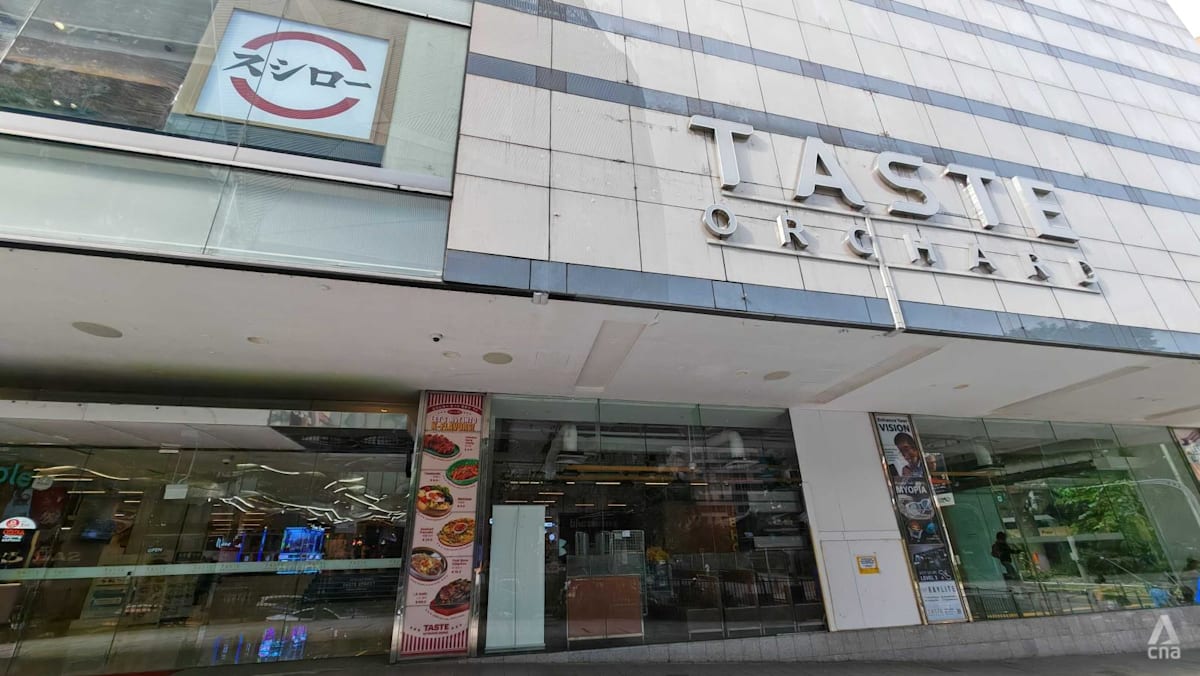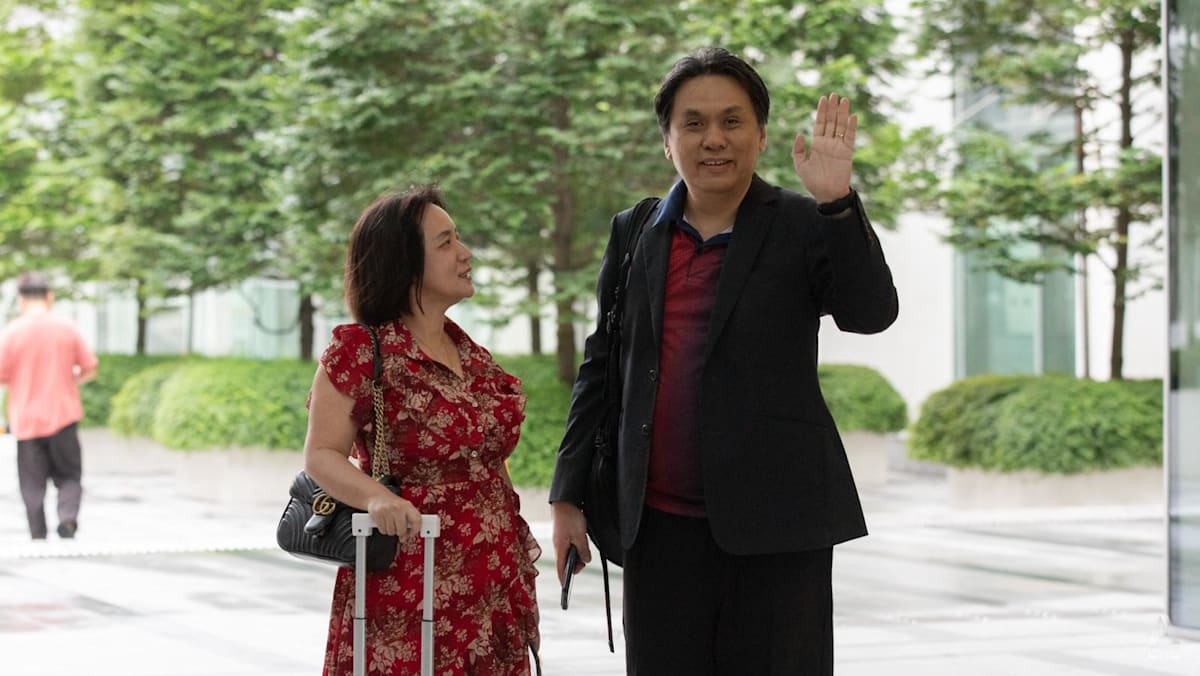More than half of those polled by CNA (56.2 per cent) said that understanding employer expectations would improve their confidence in job applications. Others said they would benefit from paid internships or traineeships (55.2 per cent) and more interview opportunities (54.3 per cent).
For Mr Wee Lian Kit, who majored in economics at NUS, vague job listings made it difficult to gauge his suitability for roles.
“You send a lot of applications that you think you are qualified for, but at the end, you might not even make it past the screening stage,” said the 27-year-old, who now works in an executive search firm. He recalls applying to over 100 roles when he graduated last year.
NTU graduate Mr Ong agreed, saying more clarity from employers would help applicants understand rejections. “At least when I get rejected, I will understand why I got rejected,” he said.
Group CEO of recruitment firm Reeracoen, Mr Kenji Naito, said employers could help bridge the gap by sharing clearer job scopes and valuing potential and cultural fit, not just qualifications.
He added that amid global shifts and growing use of artificial intelligence, soft skills such as empathy and adaptability are increasingly valuable. Graduates can also take short courses, volunteer for leadership roles or seek mentorship to strengthen their profile.
Mr Derrick Teo, a certified Institute for Human Resource Professionals (IHRP) senior professional, said AI tools are reshaping job functions and graduates need to learn how to use such tools effectively.
Mr Teo, who is also the CEO of HR solutions provider Elitez Group, also noted that job competition now extends across borders.
“Rather than fixating on salary benchmarks – which can be influenced by recruitment marketing – graduates should focus on differentiating their skills, adaptability and commercial awareness,” he said.
BE PROACTIVE
The government has said it is working to improve employment outcomes for fresh graduates.
Minister of State for Trade and Industry Gan Siow Huang said on Jul 9 that authorities are “closely monitoring” the employment situation. Institutes of higher learning are also working with agencies such as Workforce Singapore and the NTUC’s Employment and Employability Institute to organise career fairs, workshops and mentoring sessions.
The Singapore Economic Resilience Taskforce, led by Deputy Prime Minister Gan Kim Yong, is also exploring ways to support new graduates. The task force was set up in April to address the impact of US-imposed tariffs.
Minister for Manpower Tan See Leng said on Jul 10 that entry-level job vacancies remain steady. “To our 2025 graduates, it is still early in your job search. We encourage everyone to keep an open mind to different opportunities in their job searches,” he said.
Career experts encouraged graduates to be proactive by networking at industry events and tapping on their professional contacts. In CNA’s straw poll, 40 per cent of respondents said a lack of industry contacts or networking opportunities was a challenge.
Randstad Singapore’s country director David Blasco said even conversations that don’t lead to offers can offer insights into industry trends and in-demand traits.
He added that graduates can leverage platforms such as LinkedIn and industry events to ask working professionals about industry trends, in-demand skills and personality traits that employers value in young hires.
For Mr Ye Jun Zheng, a Yale-NUS graduate in urban studies, a friend’s referral helped him land a role as a customer support specialist at a tech multinational corporation. “I was lucky to find a fit at a place I least expected – with a friend who introduced the job to me and another to refer me in,” said the 25-year-old.
Mr Zac Ng, managing director of recruitment agency Cultivar Asia, said there is no fixed timeline for fresh graduates to land a job, but it is important to stay active by taking on temporary or contract roles.
“The goal should be to keep moving forward – be it through employment, training or internships – so that the momentum is not lost,” he said, adding that such roles offer both income and transferable skills.
“They are stepping stones, if not a long-term career.”
As for Ms Kuek, she sees a ray of hope in her job search after securing an interview with a publishing company.
“I’ll see how this one goes … If it falls through, then I have to keep trying.”
Additional reporting by Jia Wen Tang and Deborah Ng.














